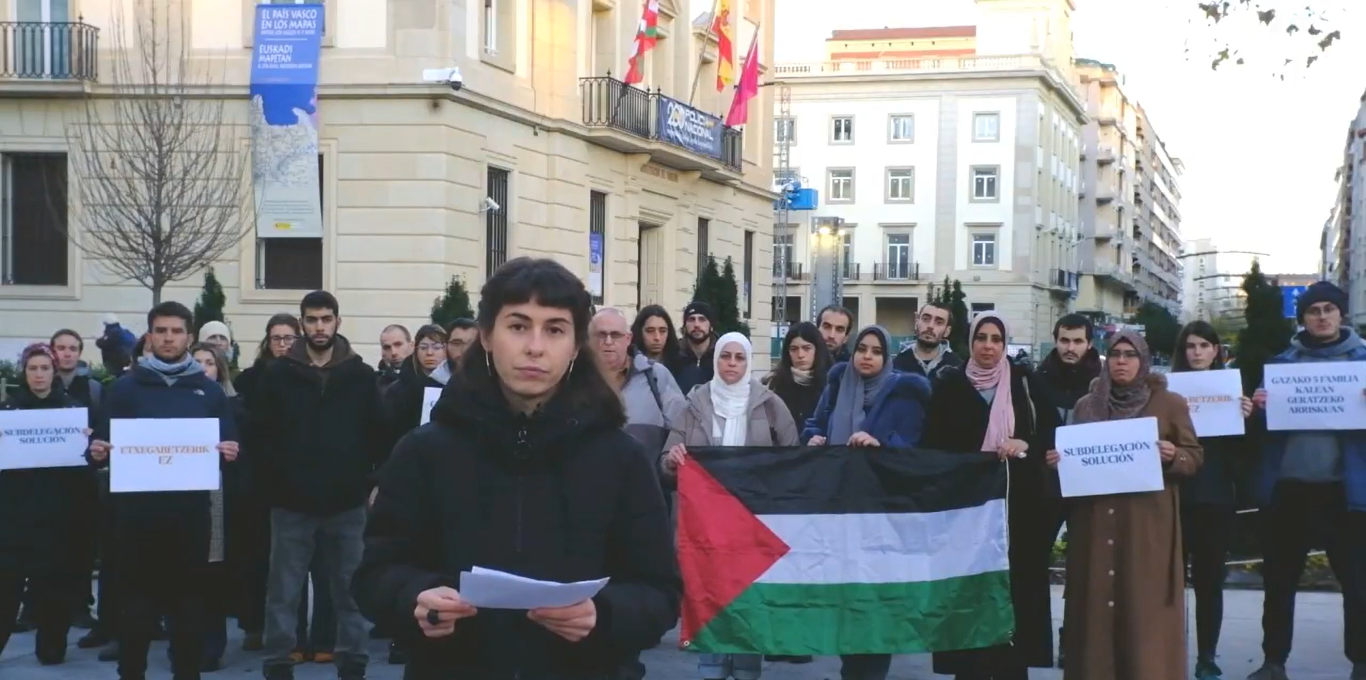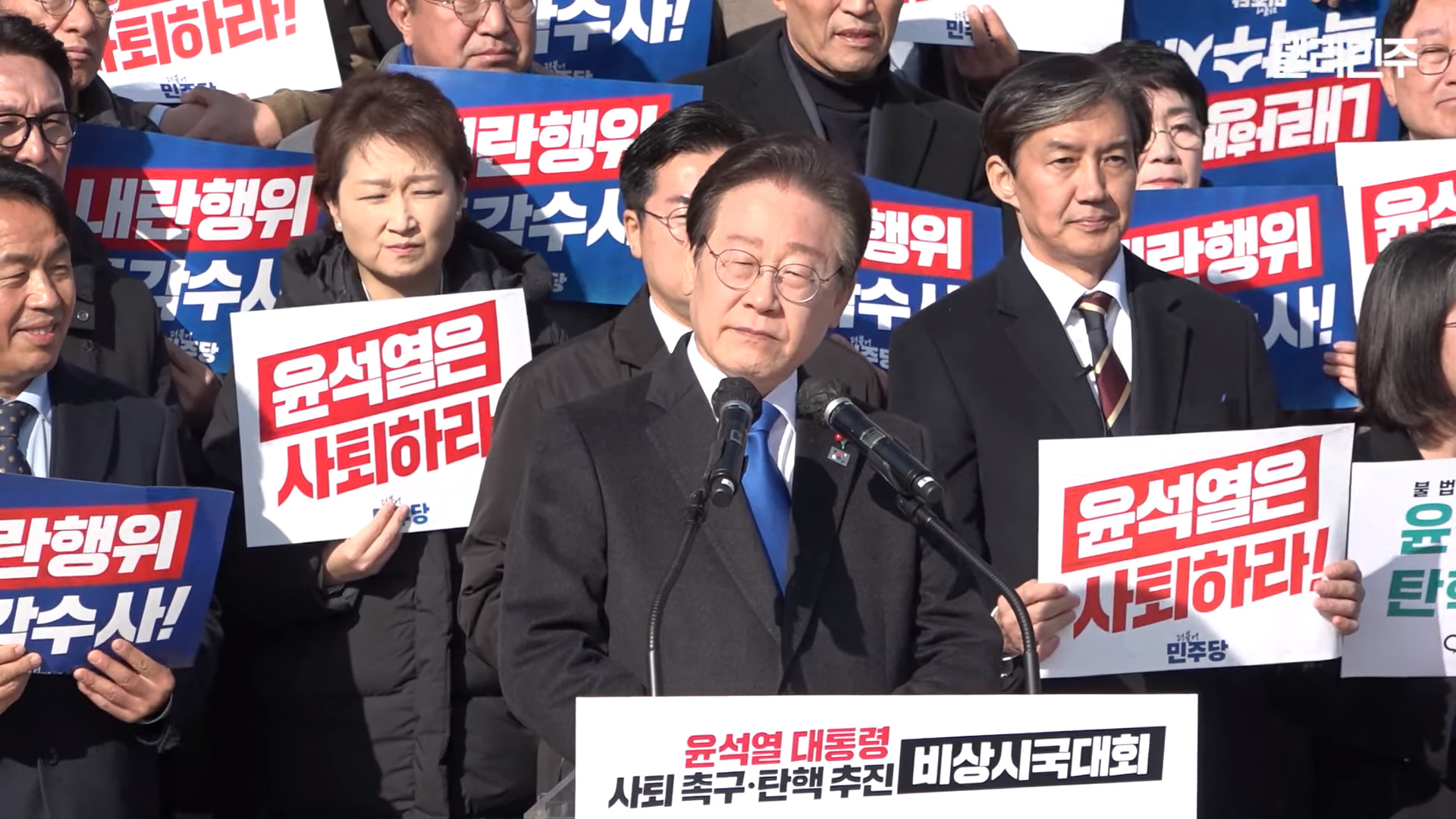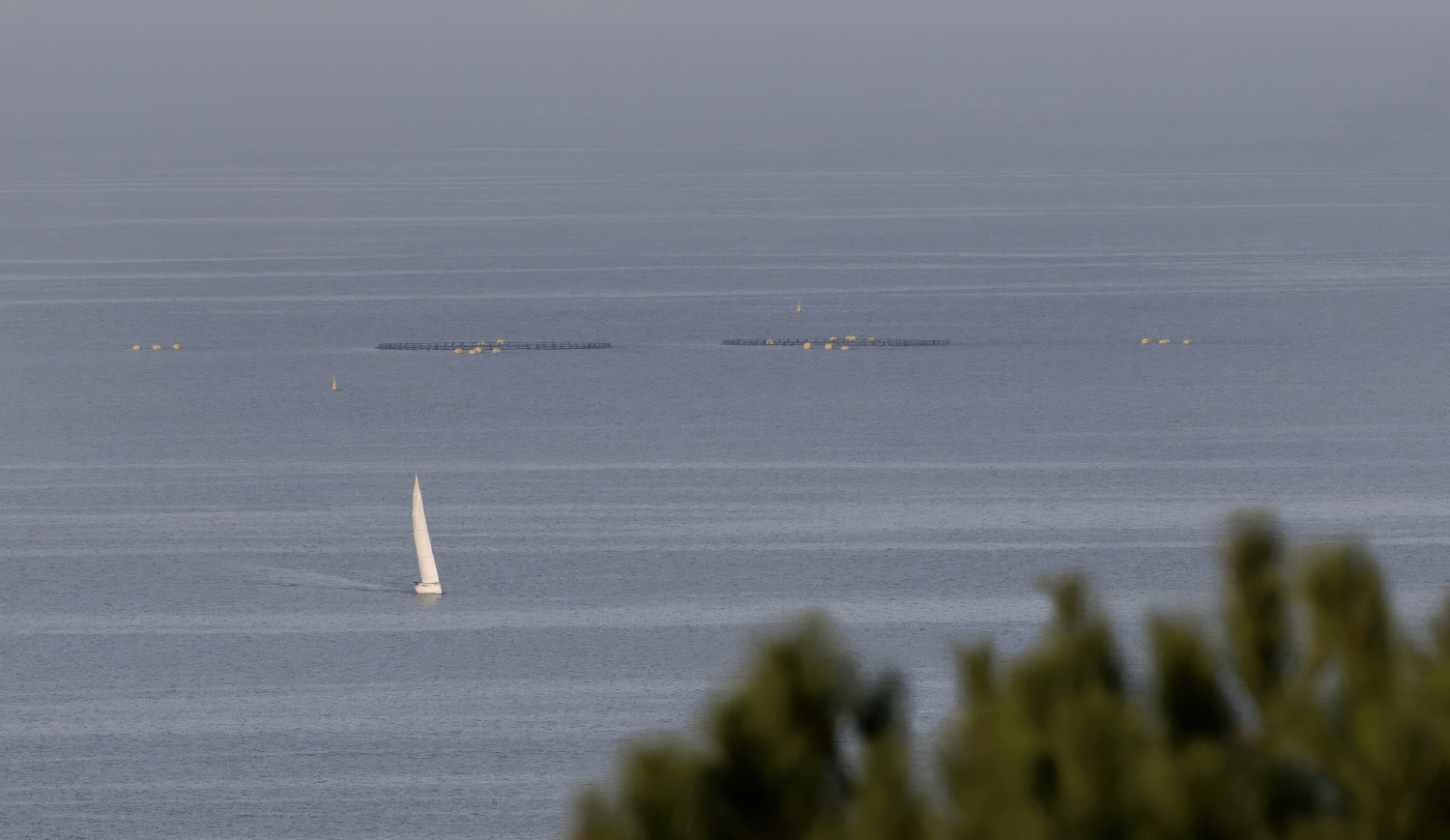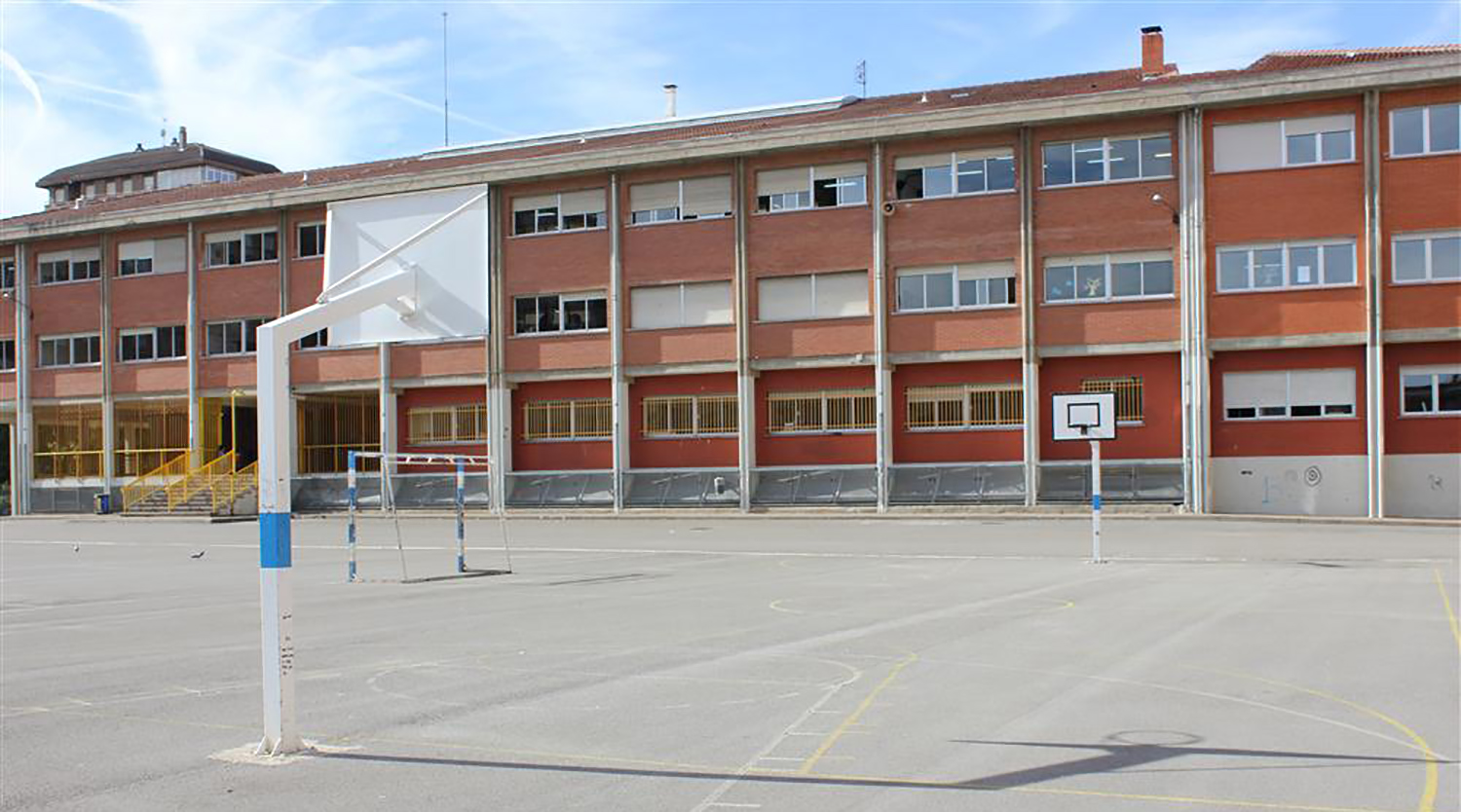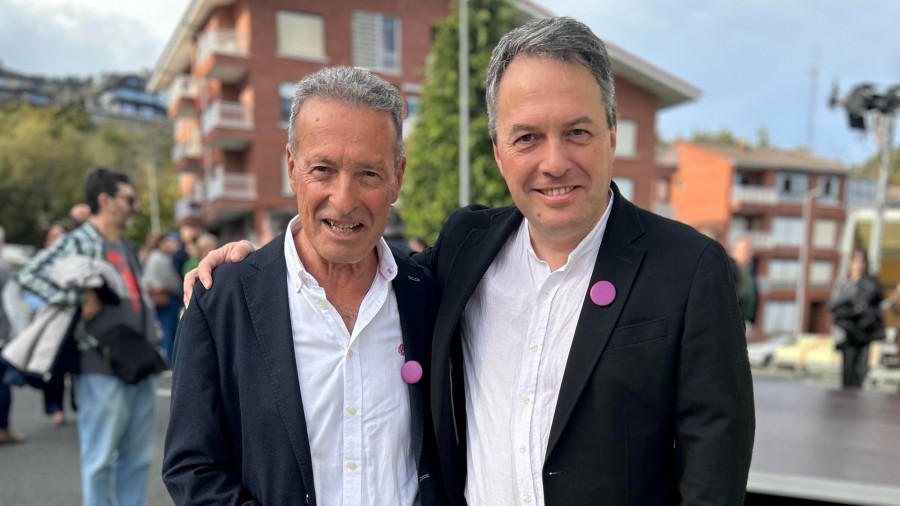Colau, another surprise
ARTUR MAS rightly dominates the political tempus and above all its staging, as was the declaration before the Superior Court of Justice of Catalonia. The approach to the palace was spectacular, the Catalan sovereign majority declaring before the Spanish Justice, but the image will be memorable, because it represents above all the Catalan “world of order” and reflects how far the process has come. After making a statement, they asked Mas: “Will you accept the sentence if you disable it?” Answer: “This will depend on when the country is at that time.” Until now, in the State, a lehendakari of autonomy had never questioned whether he was going to comply with Spanish law.
In fact, the red line crossed on 9 November 2014, but the one on 15 October was the most powerful replica of that earthquake, among other things because Mas became a symbol of democratic rupture. No more and no less, but for the moment yes. They face the Catalan nation and Spain. With these photographs, it was once again symbolized that the red line has passed, and at the moment the two sides have emerged strengthened, but independence at home and the Spanish Justice. In Catalonia, therefore, Spain continues to lose.
The democratic breakdown, yes, that is the main tone in Catalonia, on the eve of the formation of government that must lead the independence process. Because no one doubts that JxYes and the Cup will come to an agreement on the process roadmap. As it was felt in June in Navarre, otherwise the citizens would throw them into the sea.
But what is the agreement like? Everything is in the air, but for the moment the people – But – have remained until the end of the negotiations. The Cup forces us to lay the groundwork for three important areas: Disobedience to Spain, a plan of shock against poverty and inequality and a constituent process. Meanwhile, pressures are hard and varied. That is also where the last staging of Mas has to be placed.
To the internal situation of Catalonia are added the GENERAL ELECTIONS OF SPAIN. JxYes is committed to bringing Spain in general to CDC and ERC in the need to underline their identity. The Cup is going to move from the general election to today's.
Innovation comes from the third area, the non-independentist left-wing sovereigns. To round off her play, Ada Colau announced that the Barcelona En Comú model will be presented to the next general elections in Spain. Colau's success in the municipal elections was built on the ICV, Podem and Procés Constituent posts and can continue to have results, even more so if the CUP has no rival and, above all, because it sells the popular unit that Podemos and IU have not achieved in Spain.
Everything is still in the air, but it is difficult for the Colau experiment to extend beyond Catalonia, if not in Galicia or Valencia. In Hego Euskal Herria, at least, that train has passed to the area without anyone going up to it. One of the most striking has been that EH Bildu was the one who was ready to create a unitary candidacy.
Two simple attempts have been made to unite the left sector Abertzale and not Abertzale in the CAV before the summer and after the summer in Navarre, and both have failed, but surely they have not been in vain, because in the future they have sown the seed of reflection around the formation of broad leftist candidatures in different sectors. In the Basque territory, however, any effective alliance must also take into account EH Bildu, and today the impact of the conflict seems to be too close, especially in the CAV. The fight against the common adversary has achieved another result in Navarra, and EH Bildu, Podemos and NEB work together in the foral government.
The DEBATE, however, goes beyond the popular unity in the world of the left and the success of Podemos in Spain or not, is inevitable, at least in the Basque left ever stronger. The core is that, is it effective to achieve an institutional hegemony without having previously trained large social sectors in the ideas and praxis of social change? It is a classic on the left, but as you will see in the coming months, reflection is getting stronger and stronger into the political debate.
Gasteizko Auzitegiko laugarren aretoak ebatzi du Gasteizko isunak bertan behera uztea, eta Bilboko isun batzuk 2.500 eurotik 1.800era murriztea, "gehiegikeria" egon zela argudiatuta. Ernairen arabera, Segurtasun Sailak "arbitrariotasunez" eta... [+]
This year marks the 51st anniversary of the United Nations proclamation of International Human Rights Day on 10 December. This date has become important in Euskal Herria and the Human Rights Observatory of Euskal Herria wants to offer some elements of reflection.
Progress on... [+]
I have recently had the opportunity to see the latest work by Pierre Carles, a committed documentary author. Under the name of Guérilla des FARC, l'avenir a une histoire (FARC guerrilla, the future has history), proposes a renewed account of the armed conflict that has lasted... [+]
Pantxoa Bimboire Haritxelar, Ipar Euskal Herriko Eusko Alderdi Jeltzaleko arduradun berria da azarotik. Ipar Euskal Herriko ekonomia munduko pertsona ezaguna da.









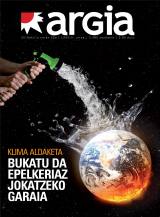



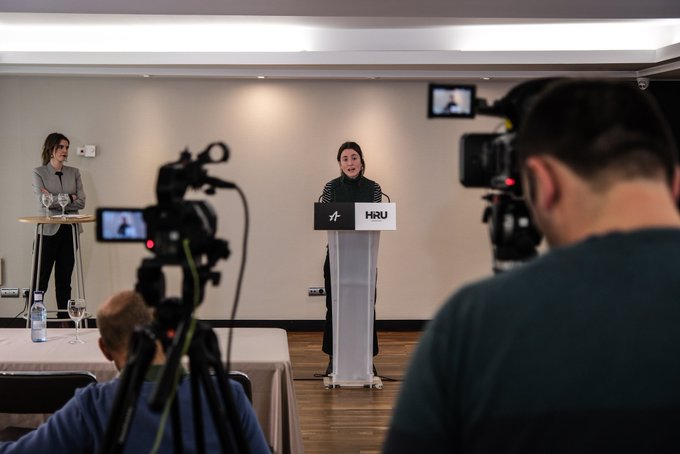
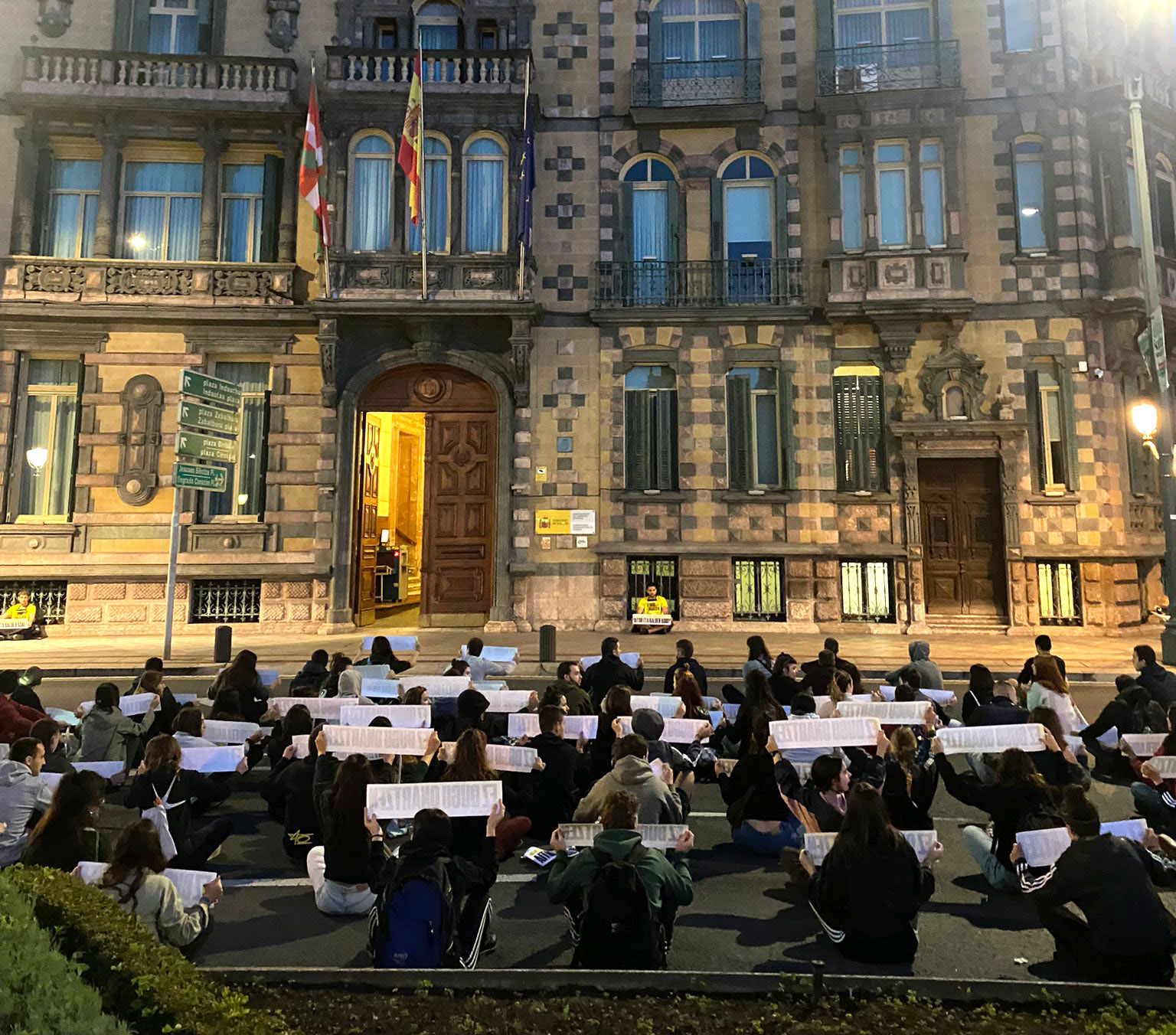
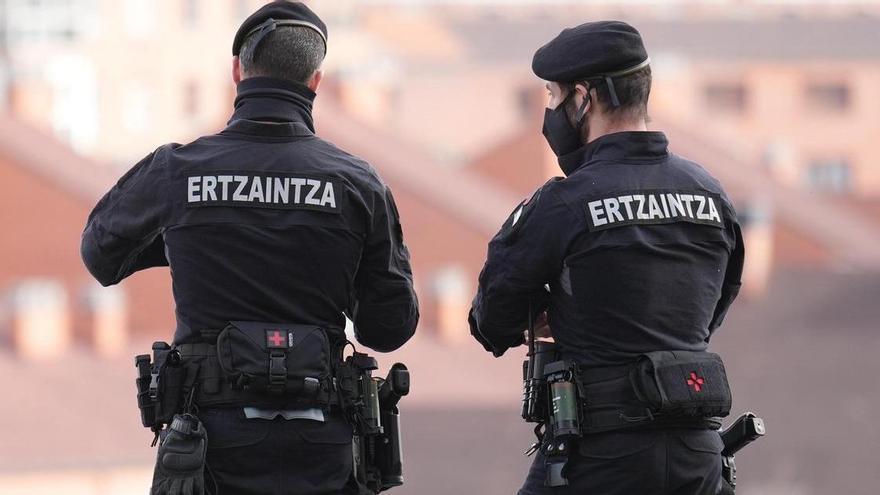

.jpg)

